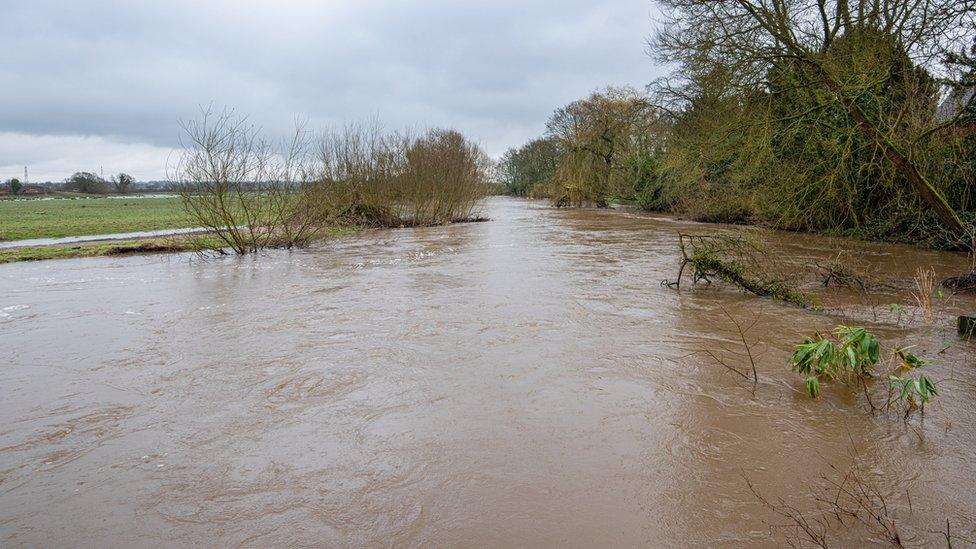Windermere sewage spills targeted in £800m investment
- Published
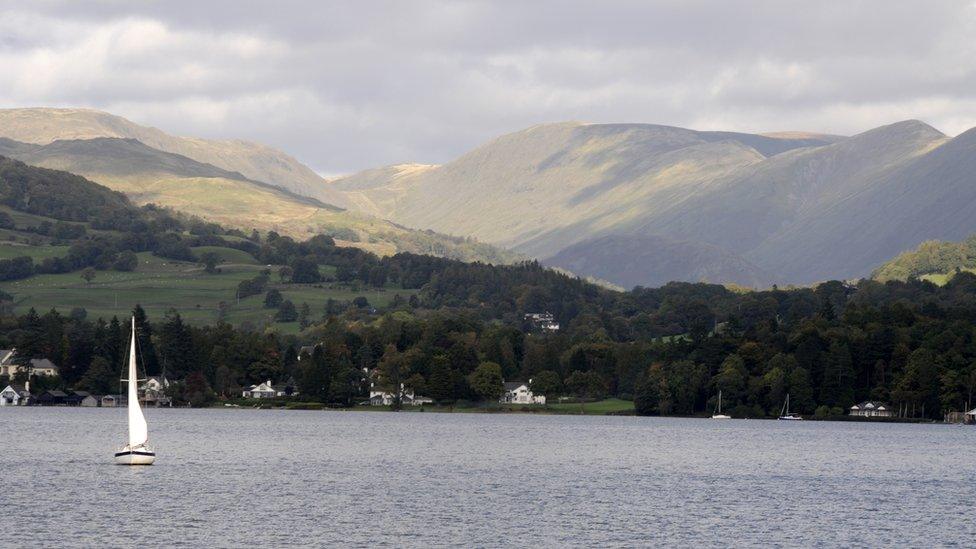
Millions could be spent to reduce storm overflows into Windermere
Multimillion-pound plans to stop thousands of sewage spills, including into Windermere in the Lake District, are being considered by the industry's watchdog.
Ofwat is consulting on £1.6bn of water company investment, with United Utilities intending to invest £800m.
The regulator wants 31 schemes in England brought forward to begin in 2023-24, years sooner than planned.
Chief executive David Black said "substantial investment" was needed.
"This will bring substantial benefits for customers and the environment and bring them faster," he said.
"We want to see companies making more rapid progress in delivering improvements and will hold them to account if they fall short."
Campaigners and conservationists have warned Windermere is on the verge of "catastrophe" unless urgent action is taken to improve its water quality.
Seven water companies have proposed 10 schemes to improve 250 storm overflows and reduce the frequency of sewage spills by around 10,000 a year.

The lake is popular for swimming, sailing and other water sports
Of the £800m to be spent by United Utilities to reduce 8,400 spills annually, £19m is earmarked for Windermere and £117m for the River Eden.
Chief executive officer Louise Beardmore said the company had been talking to the government and regulators "for some time" to work out where investment could be brought forward.
"The new Environment Act of 2021 sets out that water companies must reduce all storm water spills by 2050 but we've challenged ourselves to move smarter and faster because we know how important this issue is to local communities," she said.
The Windermere projects will increase storage capacity so more sewage can be treated during heavy rainfall, reducing the number of spills, the company said.
It warned spills would not be stopped entirely as they protected communities from flooding during severe storms.
The investment is subject to an Ofwat consultation until 24 April.
In response, the Water Minister Rebecca Pow said the accelerated investment would provide "the urgent improvements we need to protect our environment".
She said: "It builds on the key commitments in our five-year strategy - our Environmental Improvement Plan - as well as our upcoming Plan for Water to tackle pollution, reduce water consumption and protect our waters."
However, Labour's shadow environment secretary, Jim McMahon, said mandatory monitors were needed to capture the "true scale" of sewage pollution. He called for automatic fines for water companies rather than "protracted investigations" which he said did not deliver behavioural change in the industry.
Lib Dem leader Ed Davey said the government needed to be "much tougher" on water companies and accused Ofwat of being "asleep on the job". He called for the watchdog to be abolished and replaced with a new regulator that was prepared to use the powers currently available.
Adrian Ramsey, co-leader of the Green Party, said the government had been "dragged into" announcing the plans and claimed they did not address the "root cause" of the problem. He accused the water companies of "profiting from failure" and called for them to be returned to public ownership.

Follow BBC North East & Cumbria on Twitter, external, Facebook, external and Instagram, external. Send your story ideas to northeastandcumbria@bbc.co.uk, external.
Related topics
- Published28 September 2022
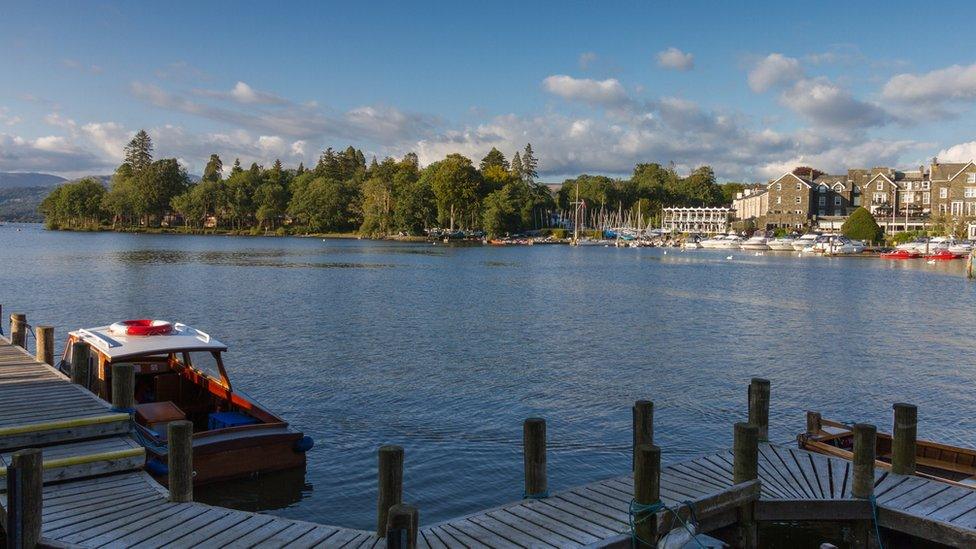
- Published23 June 2022
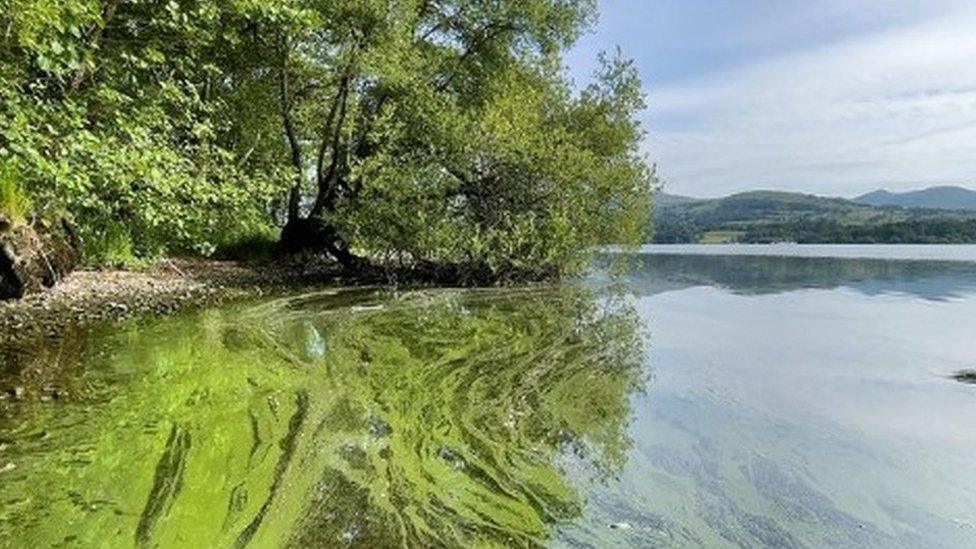
- Published14 October 2021
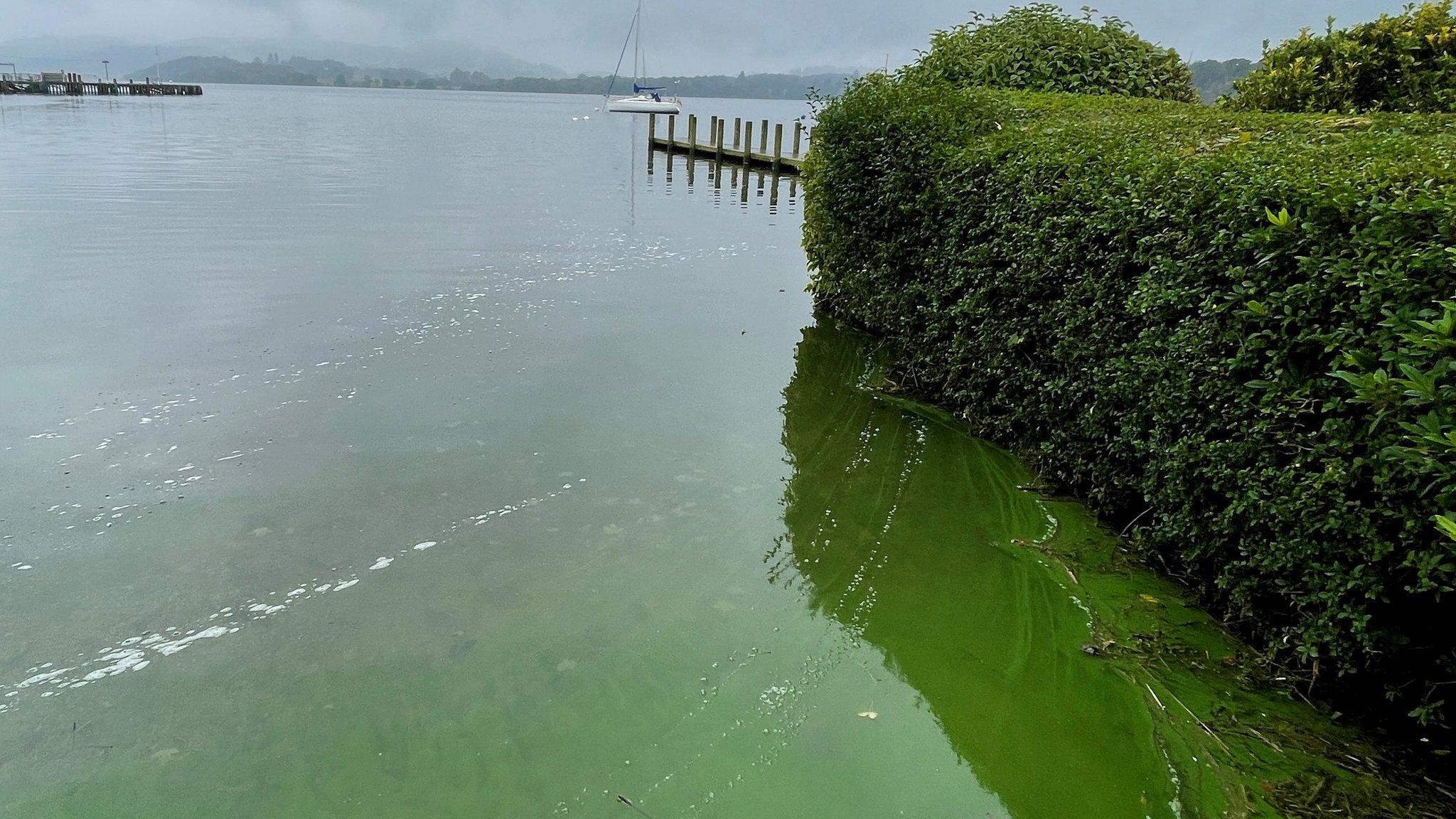
- Published3 April 2023
